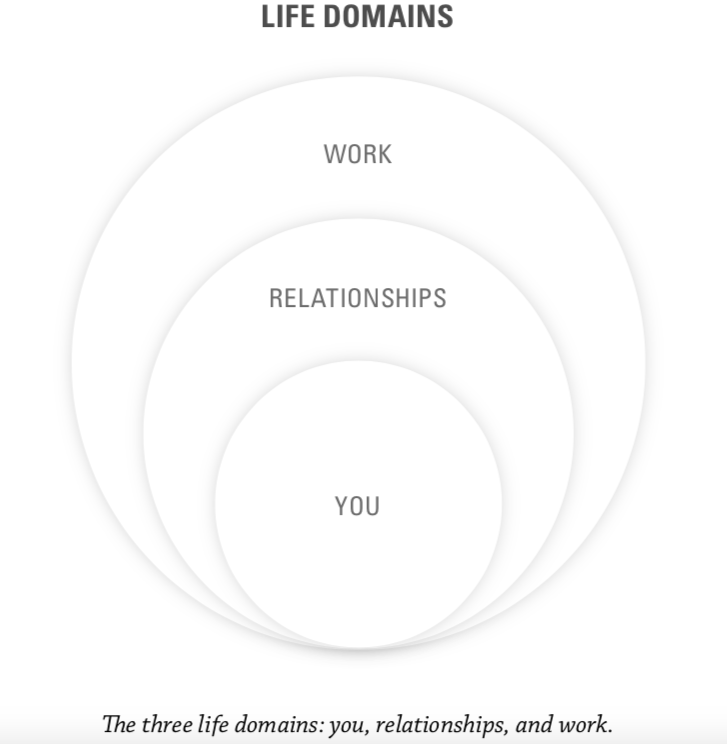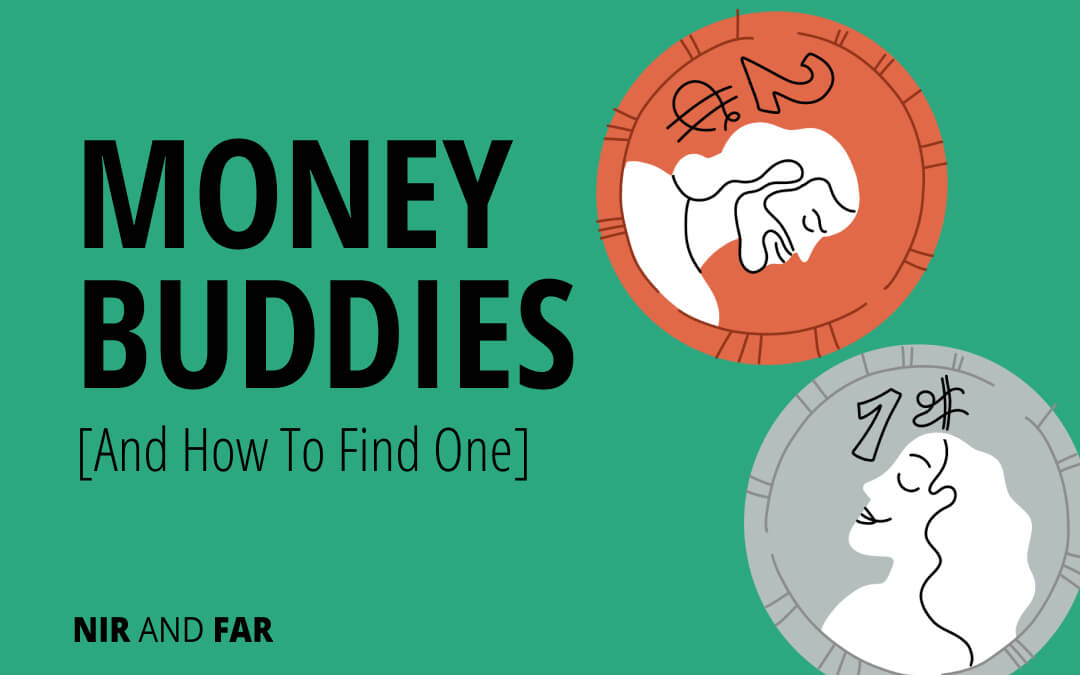We get by with a little help from our friends
Now, more than ever, we have to be smart with our money.
Consumer prices at one point increased 9.1 percent from June 2021 to 2022, and financial experts are wary of an economic recession.
Yet navigating our personal finances and adhering to a budget can be a daunting task.
However, there’s a free and fun technique that anyone can use to get back on track with their finances: getting a money buddy.
The Ancient Practice of Money Management
Many cultures rely on their community to build wealth. South Korea’s gaedon and African and Caribbean cultures’ susu both involve a community pooling its cash together and bestowing all of it onto one person in the community. The social accountability among the community helps members commit to saving money for the pot and holds everyone to their agreement to contribute. Ideally, when the beneficiary of the money pot uses it to invest in a successful business or other venture, that person has more to add to the pot for the next person.
However, you don’t have to travel to Africa or even add your money into a community pot. But you can similarly take advantage of an accountability partner to manage your finances.
A person is 65 percent likely to complete a goal if they have an accountability partner, says the Association for Financial Counseling & Planning Education; that probability increases to 95 percent if the pair commits to specific accountability appointments together.
Why?
Well, researchers are still trying to figure out why the act of precommitment is so effective. But, basically, a precommitment pact is a time-honored tactic that involves removing a future choice in order to overcome impulsivity.
Chipping away at debt or accruing wealth means you have to save money consistently—but most people have trouble sticking to consistent action.
That’s where an accountability partner comes in. A money buddy helps us do what we say we are going to do, supporting us on the path toward a goal and ensuring we don’t quit.
Even if it’s just a pinky promise, by making an accountability pact with a money buddy, we install a firewall against us doing something we’ll later regret.
There are two kinds of pacts you can make with a money buddy:
A price pact inflicts some kind of monetary disincentive to doing something that’s detrimental to your financial goals.
You and your money buddy might agree, for instance, that for every dollar spent over budget, you have to pay them triple the amount. That will make you extra careful about keeping your spending in check!
An effort pact involves some kind of friction between you and any actions that might take you off track of your financial plan.
Perhaps before every extraneous purchase outside of an approved list, you have to create PowerPoint slides and schedule a time to give a presentation to your money buddy about why the purchase should be permitted. Only a justified purchase is going to motivate you to jump over that obstacle.
Your Ideal Money Buddy Is…
An ideal money buddy is someone who doesn’t judge you but holds you accountable to the financial goals you set for yourself.
More often than not, your best money buddy is a family member or romantic partner who shares a stake in your financial goals. Maybe it’s a friend who knows about different aspects of finance than you do, or someone with similar financial goals who can join you for budget-friendly activities.
No, your money buddy doesn’t have to know every detail of your finances. Still, you should feel comfortable discussing your financial plan—and the internal and external triggers that hold you back from financial traction.
Traction is the opposite of distraction. Traction is any action that moves us closer to our goals and the life we want. We can achieve that life when our time, money, and attention work toward our goals. But internal and external triggers can pull us toward distraction rather than traction.
Internal triggers are uncomfortable emotional states—feeling bored, lonesome, stressed, anxious, or uncertain—that we try to escape by seeking relief in distraction. Sometimes that “relief” is a financial decision we’ll later regret, like making an impulse buy or abandoning an investment in the market when you feel fearful.
By talking out your internal triggers with an accountability partner, you’re much more likely to explore them with curiosity rather than contempt, because a friend will make sure you’re not overly hard on yourself or acting emotionally instead of rationally. Their acceptance invites honesty and self-exploration, which will help you to better understand and control the internal triggers that lead to distractions with financial repercussions.
Money buddies also help you handle the external triggers that distract you from your financial goals. Perhaps you’re swamped with daily emails about shopping deals, highly attentive to your phone’s notifications about the ups and downs of the stock market, or working in a profession in which your peers expect you to spend money lavishly.
A money buddy can help you find ways to mitigate those external triggers—but only if you feel comfortable talking about them.
Establish a Plan With Built-In Accountability
The most effective way to use a money buddy is to build a financial plan that includes them. Once you establish a plan and make an accountability pact, follow through by setting up regular check-ins.
To create a financial plan that works for you, base it on your values and intentions.
Values are attributes of the person you want to become. It’s not up to anyone else to tell you how to manage your money. Instead, ask yourself, “How do I spend my money in a way that’s consistent with my values?”
Break down this question by categorizing your life and values into three domains: you, your relationships, and your work. Making a plan for traction in these life domains can keep you committed on your path toward financial freedom.
- You: You can’t take care of others if you don’t take care of yourself. Making a budget for your well-being is critical, whether that involves a gym membership, proper nutrition, proper healthcare, or a robust retirement account.
- Your relationships: Budget not only the time but also the money to invest in your most important relationships through date nights, fun activities with your kids, evenings out with friends, or donations to your community.
- Your work: Work is our source of income, but it can also be an area to invest for future returns. Do you want to put money into learning a new skill, getting a performance coach, or refreshing your resume?

Next, use timeboxing to schedule when you and your money buddy will meet. During those meetings, review your progress toward your goals, discuss obstacles like internal and external triggers, and research and collaborate on what you could be doing to financially fulfill your values.
Having a money buddy will remove some of the discomfort you might feel in trying to navigate your personal finance. Just make sure you heed those pacts…
For more information on how to build an Indistractable financial life, check out my financial habits course at StashAway Academy.
Related Articles
- Schedule Maker: a Google Sheet to Plan Your Week
- Habit Tracker Template in Google Sheets
- The Ultimate Core Values List: Your Guide to Personal Growth
- Timeboxing: Why It Works and How to Get Started in 2025
- An Illustrated Guide to the 4 Types of Liars
- Hyperbolic Discounting: Why You Make Terrible Life Choices
- Happiness Hack: This One Ritual Made Me Much Happier

